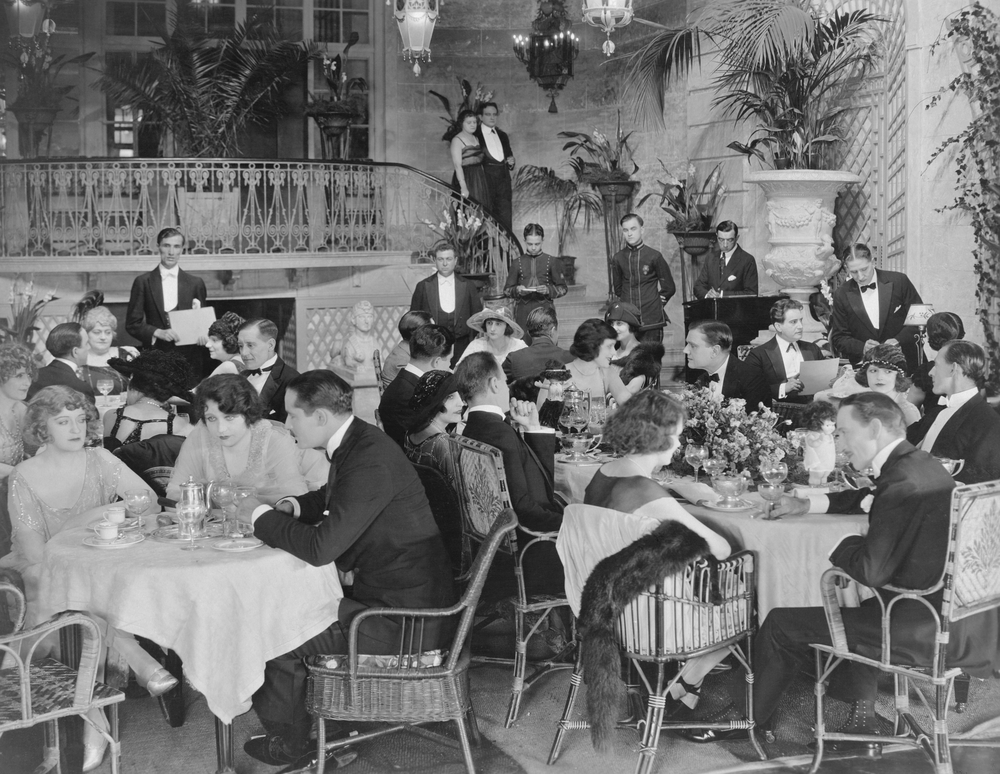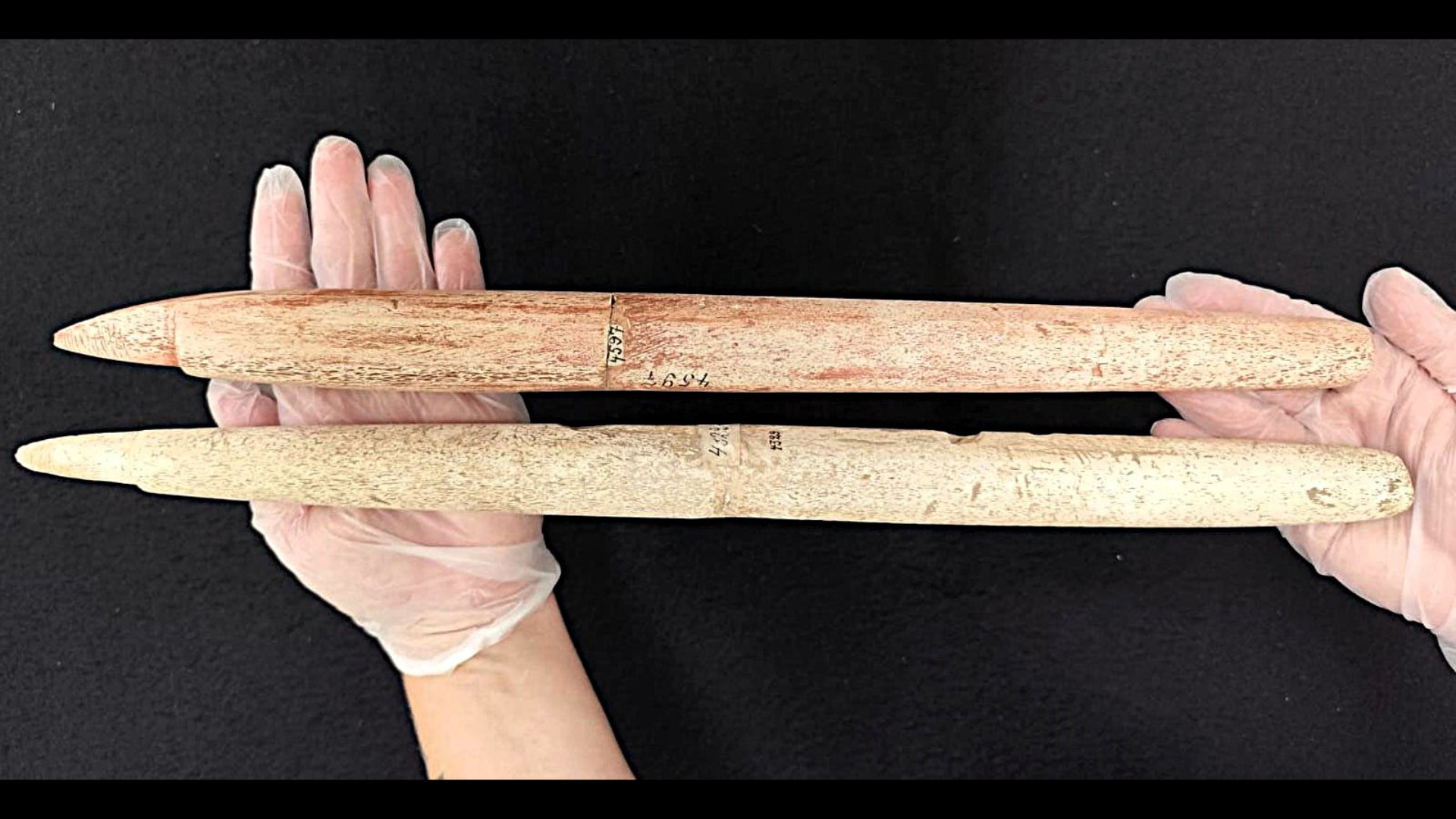Say What? Computer Game Improves Hearing in Noisy Situations

Want to follow conversations better in a noisy restaurant or bar? There soon may be an app for that.
Researchers in Boston have developed a computer game that trains the brain to better understand words in noisy situations. After playing the game a few hours per week for two months, elderly people who had hearing loss were able to correctly identify 25 percent more words spoken in noisy conditions, compared with before the study began.
Their hearing didn't get better, strictly speaking. Rather, it was their ability to make sense of what they'd heard that improved. In other words, the computer game helped their brains better discern signal from noise. [7 Ways the Mind and Body Change with Age]
"The test we used was designed to try to assess 'real-world' hearing abilities," said lead study author Jonathon Whitton, an audiologist at the Massachusetts Eye and Ear Infirmary in Boston. "Some participants reported being able to hear better in noisy situations or that their spouses noticed that they weren't asking for repetition as much."
The findings were published today (Oct. 19) in the journal Current Biology.
To test how well the game worked, the researchers conducted a double-blind, placebo-controlled study in which neither the participants nor the researchers knew who was playing the game that was intended to improve the individual's ability to understand what he or she heard and who was playing an ordinary, placebo game.
The study enrolled 24 adults, with an average age of 70, who had mild to severe hearing loss and who had worn hearing aids for an average of seven years. The participants were randomly assigned to one of two training groups and asked to spend 3.5 hours per week for eight weeks playing a game. The members of the placebo group played a game that challenged their auditory memory but that wasn't intended to improve hearing. The other group played the "real" game that was a bit like the children's game "hot-cold," Whitton said.
Get the world’s most fascinating discoveries delivered straight to your inbox.
"As you get closer to or farther from some hidden target, sound changes in an informative way," Whitton told Live Science. "Participants had to track subtle changes in an ongoing sound to guide their finger along a tablet screen while trying to ignore [auditory] distractions."
When tested a few days after their brain training, the participants who played the placebo game didn't have any improvement in their ability to hear in a noisy situation. Those who played the real game, however, could discern 25 percent more words in the presence of high levels of background noise compared to the baseline test that was conducted at the start of the study. The boost amounted to three times more words than those provided by their hearing aids alone.
"Even catching a few extra words can make the difference between being able to stay in a conversation or fall out," Whitton said. And although the test was done on older adults with hearing aids, "there is reason to believe that this approach would also provide benefit for middle-aged individuals who have trouble hearing but do not use hearing aids," he added.
The researchers noted that the study is small, and more research is needed before the game could be recommended to help with hearing.
Indeed, they hope to enroll more people and enlarge their study as they fine-tune the game, which was developed from more than a decade of research on laboratory rodents.
The researchers said that they envision a time when hearing challenges might be managed through a combination of auditory training software coupled with the latest in-ear listening devices.
"We look forward to a future where auditory perceptual training software that has been inspired by principles of brain plasticity, not audiological testing, is packaged with new advances in these listening devices," said senior study author Daniel Polley, an associate professor of otolaryngology at Harvard Medical School and director of the Lauer Tinnitus Research Center at Massachusetts Eye and Ear.
"There is reason to believe that the sum of these benefits would be greater than could be expected from any one approach applied in isolation," Polley told Live Science.
Follow Christopher Wanjek @wanjek for daily tweets on health and science with a humorous edge. Wanjek is the author of "Food at Work" and "Bad Medicine." His column, Bad Medicine, appears regularly on Live Science.

Christopher Wanjek is a Live Science contributor and a health and science writer. He is the author of three science books: Spacefarers (2020), Food at Work (2005) and Bad Medicine (2003). His "Food at Work" book and project, concerning workers' health, safety and productivity, was commissioned by the U.N.'s International Labor Organization. For Live Science, Christopher covers public health, nutrition and biology, and he has written extensively for The Washington Post and Sky & Telescope among others, as well as for the NASA Goddard Space Flight Center, where he was a senior writer. Christopher holds a Master of Health degree from Harvard School of Public Health and a degree in journalism from Temple University.
 Live Science Plus
Live Science Plus






